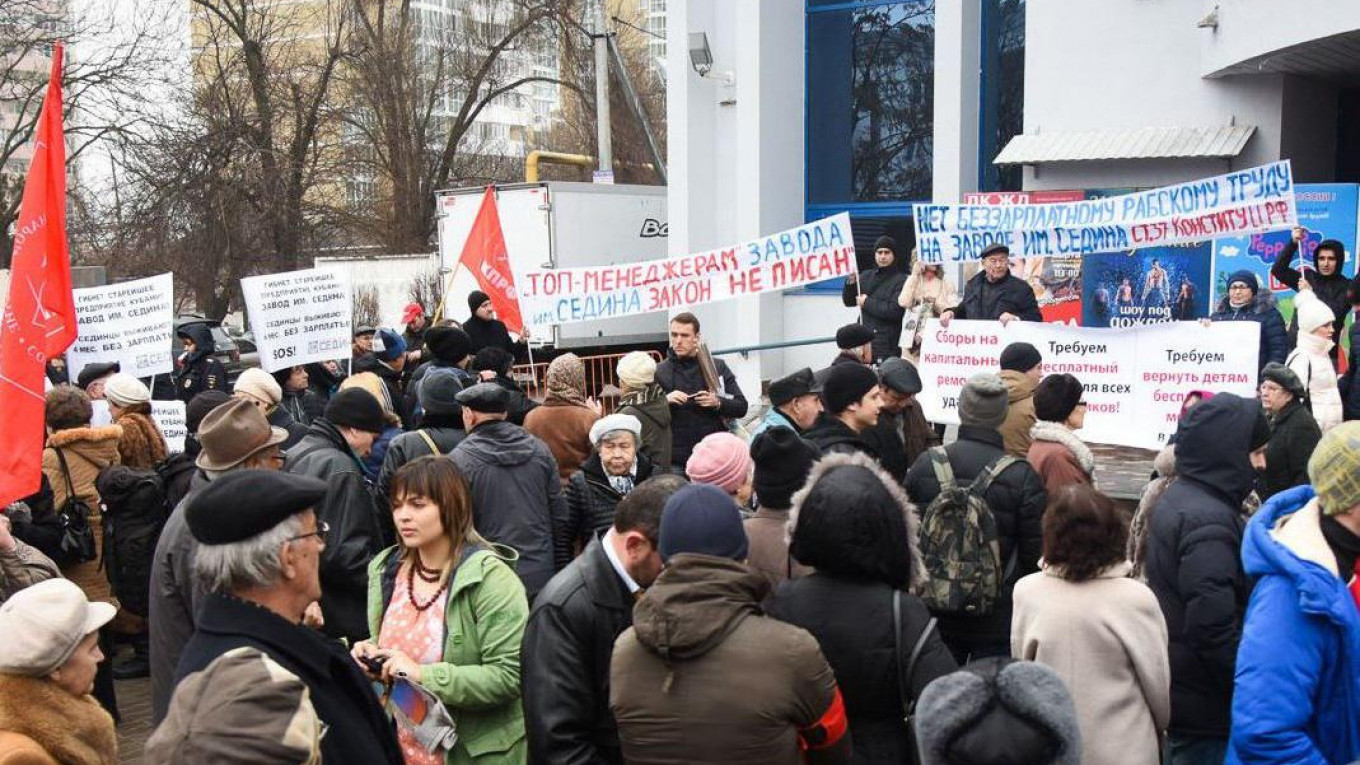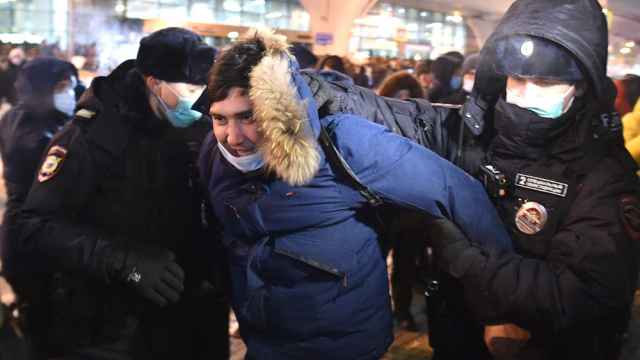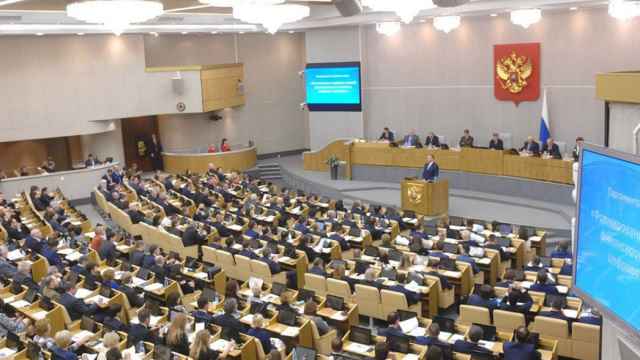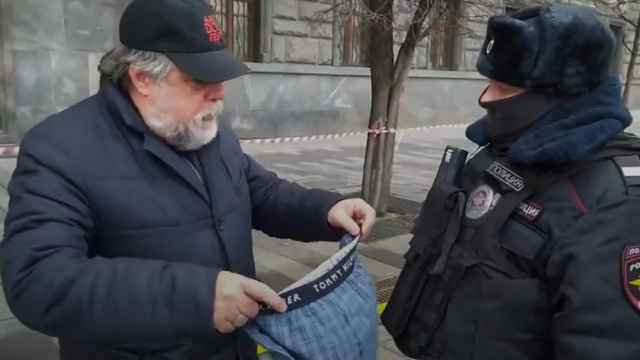Workers at a factory in Krasnodar may need to plan their next act of civic disobedience around the water cooler, now that police have blocked an online community they were using to plan a protest.
On Nov. 12, the social network Vkontakte first notified users that it is now blocking access in Russia to a community created by employees at the Sedin Machine-Tool Plant in Krasnodar, in accordance with orders from the Prosecutor General issued on Nov. 11.
Vkontakte told the website TJournal that it doesn’t know why the community has been banned by the Russian authorities, though the company has asked for a formal explanation.
A spokesperson for Roskomnadzor, Russia’s federal censorship agency, told TJournal that prosecutors responded to “calls for unauthorized mass events” published on the factory workers’ community page.
Factory employees told TJournal that they suspect the catalyst for the police action was an announcement posted in the community on Nov. 9, declaring plans for a “people’s gathering.”
Today, the Vkontakte group still exists, though it is accessible in Russia only through the Tor browser or Internet proxies. Community administrators have even added the words “only through the Tor browser” to the group’s name. Workers have also launched a new community to replace the one banned by the government. At the time of this writing, there are 192 members in this new group. (The original group had 389 members.)
Workers are reportedly planning a public demonstration to air their dissatisfaction with the unfulfilled promises of the country’s ruling political party, United Russia. In the spring, the party distributed leaflets telling factory employees that their wage arrears would be resolved promptly and new investors would be found to revitalize the region’s manufacturing industry.
Today, workers say they’re still owed significant back wages, and many are being forced to take leave without pay and accept renegotiated labor contracts. According to one local report, activists from United Russia and the party’s youth wing, Molodaya Rossiya, tried to disrupt a protest by Krasnodar’s factory workers earlier this year.
A Message from The Moscow Times:
Dear readers,
We are facing unprecedented challenges. Russia's Prosecutor General's Office has designated The Moscow Times as an "undesirable" organization, criminalizing our work and putting our staff at risk of prosecution. This follows our earlier unjust labeling as a "foreign agent."
These actions are direct attempts to silence independent journalism in Russia. The authorities claim our work "discredits the decisions of the Russian leadership." We see things differently: we strive to provide accurate, unbiased reporting on Russia.
We, the journalists of The Moscow Times, refuse to be silenced. But to continue our work, we need your help.
Your support, no matter how small, makes a world of difference. If you can, please support us monthly starting from just $2. It's quick to set up, and every contribution makes a significant impact.
By supporting The Moscow Times, you're defending open, independent journalism in the face of repression. Thank you for standing with us.
Remind me later.






